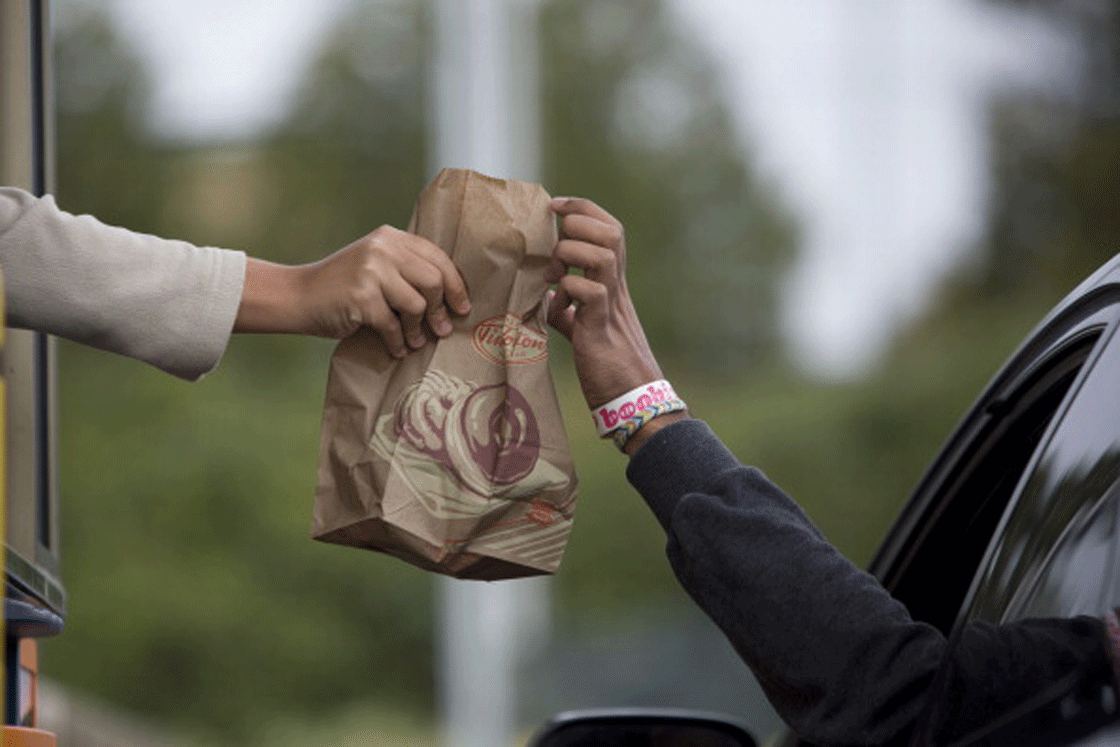The U.S federal government said Tuesday it’s cracking down on companies like Burger King who attempt to relocate to Canada or overseas to avoid paying U.S. taxes.

In a so-called “tax inversion,” a U.S. business merges with a foreign company in a country with a lower tax rate – in Burger King’s case, it plans to combine with Tim Hortons.
But new rules announced Tuesday in the United States will “test” the controversial takeover, experts said.
Analysts suggest it could be Burger King’s high-profile takeover of Oakville, Ont.-based Tim Hortons that spurred the crackdown.
The U.S. Treasury Department says it’s putting forward regulations that will make inversions less lucrative by barring some techniques companies use to defer their taxes.
It’s also making it harder for companies to pursue an inversion by tightening the requirement that the company’s former owners own less than 80 per cent of the new company.
U.S. Treasury Secretary Jacob Lew says the steps will ensure that it’s no longer financially beneficial for companies to use that tactic.
The new measures will take effect immediately.
Burger King and Tim Hortons have already filed their takeover plans to regulators, but the new rules will still apply to the pending deal, which is expected to become official before the end of the year.
MORE: Should Tim Hortons brace for job cuts?
Tims officials indicated in a media report that Burger King is proceeding with its takeover plans.
Experts meanwhile suggest the deal will skirt around the new framework.
“We believe new rules won’t likely deter the Burger King/Tim Hortons transaction,” Fitch said.
Tax benefits ‘nonetheless’
Burger King has said the tax inversion structure wasn’t the main rationale for approaching Tim Hortons about a merger – growth is. The merger will create the third biggest “quick serve” or fast food company in the world.
MORE: With Burger King’s help, Tim Hortons poised to go global
But experts suggest the new firm will benefit from more favourable tax rates in Canada, where the federal corporate rate is 15 per cent compared to 35 per cent in the United States.
Burger King says its blended tax rates is in the mid- to high-20 per cent range, a rate comparable to what companies based in Ontario pay, and where the new Burger King/Tim Hortons parent will be based.
Critics, including President Barack Obama, have blasted the growing number of U.S. companies seeking inversions as “corporate deserters”, shifting their burden onto individual American taxpayers to boost shareholder returns.
WATCH: Canadian coffee giant Tim Hortons has been acquired by Burger King and Canadians are worried. McGill University’s Prof. Karl Moore explains what can change about your coffee experience.
With files from Associated Press


Comments